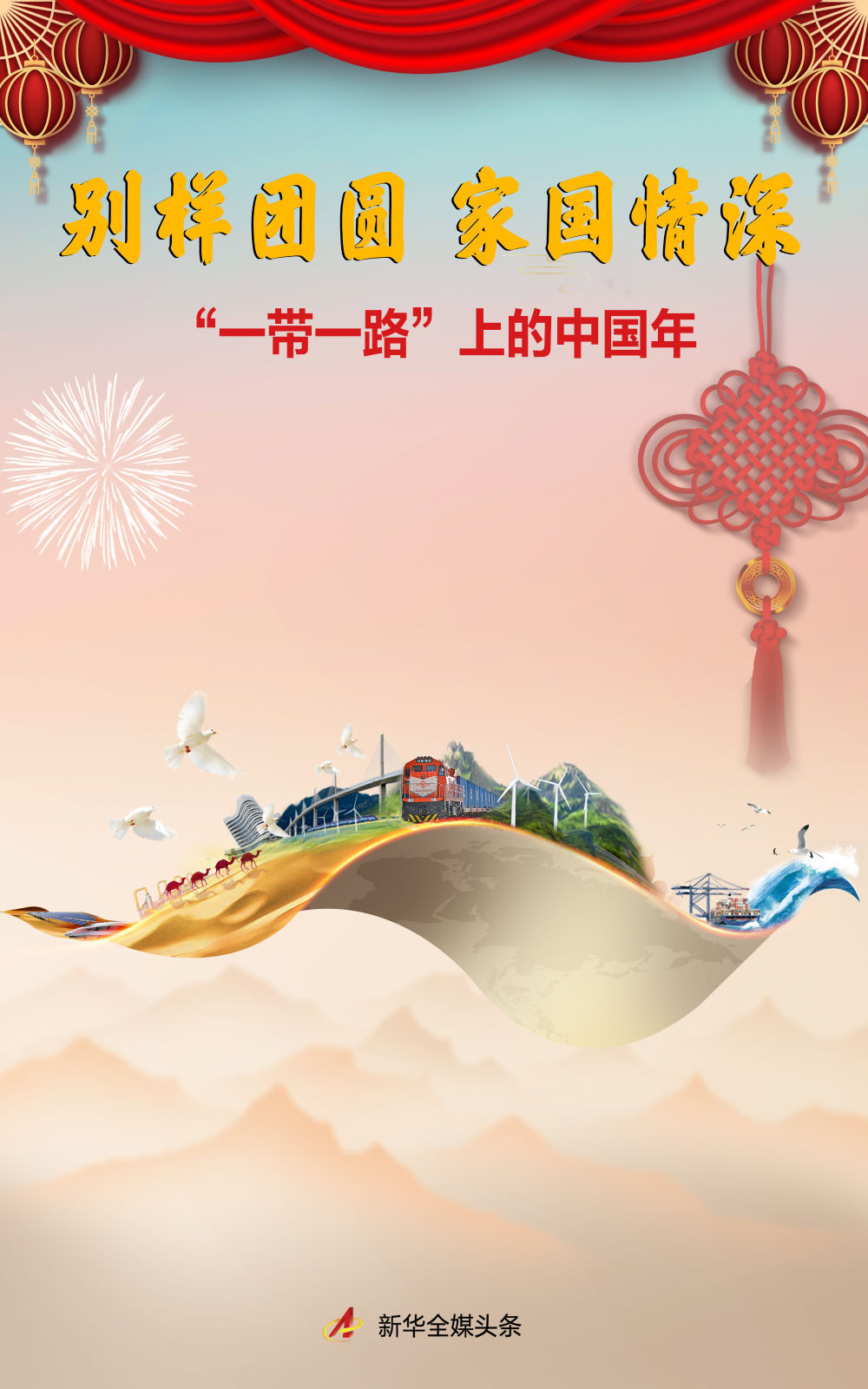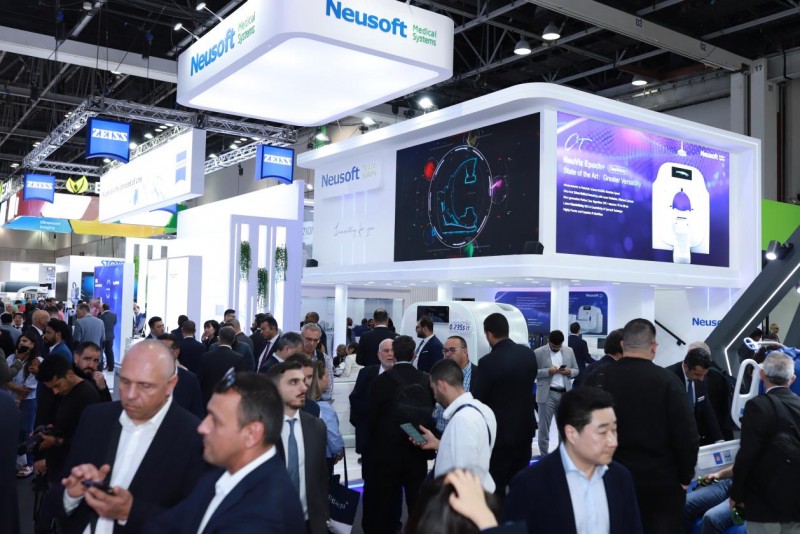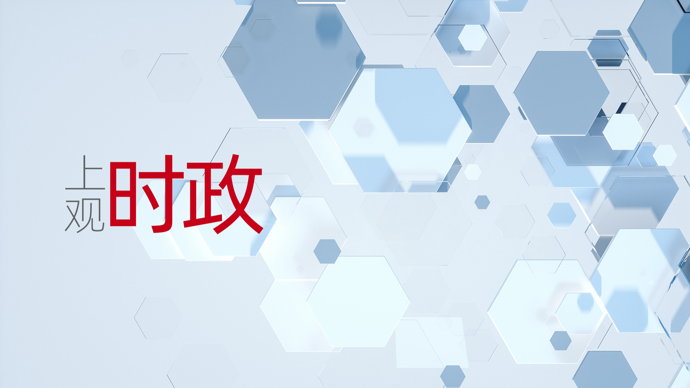The Invitation To The Military Parade Of The 93rd Was Rejected, But The South Korean Special Envoy Visited China Urgently. What Is The Meaning Of This Operation?
The Invitation To The Military Parade Of The 93rd Was Rejected, But The South Korean Special Envoy Visited China Urgently. What Is The Meaning Of This Operation?
However, South Korean President Lee Jae-ming rejected the invitation from China and turned around and flew to Washington to discuss military expenditure sharing with Trump. At the same time, he sent a special envoy to China to send a handwritten letter.
Preface
There is only half a month left before the China September 3rd military parade, and 40,000 officers and soldiers have completed the final rehearsal, and the global attention is focused on Tiananmen Square.
However, South Korean President Lee Jae-ming rejected the invitation from China and turned around and flew to Washington to discuss military expenditure sharing with Trump. At the same time, he sent a special envoy to China to send a handwritten letter.
What calculations are hidden behind this rare operation of "the president's visit to the United States and the special envoy's visit to China"? Can Sino-South Korea relations turn around?

70,000 US military vs 25% export share, South Korea's dilemma
Speaking of the days in Korea, one word is used to describe it as "sandwich cookies". On one side is 70,000 US troops stationed in South Korea, reminding you every day who depends on who you are safe. On the other hand, there is a 25% share of exports to China, which clearly tells you where the money comes from.
Li Zaiming's choice this time seems contradictory, but in fact he is forced to do so. The reason why the Americans refused to participate in the 93rd military parade was because the Americans were eyeing each other. The reason why the special envoys were sent to China to deliver messages is because the Chinese market is like the blood vessels of the South Korean economy, and it will be fatal if it is broken.

The data is the best way to tell the problem. China is South Korea's largest trading partner, accounting for one-quarter of its total exports. In the field of power battery materials, South Korea's dependence on China is as high as 78%. 42% of semiconductor equipment exports flow to the Chinese market. Behind these numbers are the jobs of thousands of Korean families.
But South Korea cannot do without the United States in terms of security. North Korea's missile test frequency hits a three-year high north of the 38th line, and there is a possibility of a firearm at any time.

US military bases are spread all over South Korea, from Yongsan base in Seoul to Usan Air Force Base in Pyeongsawa. These "umbrellas" make Koreans feel at ease and depressed. Trump even made it clear: military spending will increase prices, and steel tariffs will be imposed at any time.
The Li Zaiming government knew very well that completely turning to either side would be a dead end. The lessons learned by Yoon Seok-yeol’s government are still vivid in my mind. Excessive pro-US and anti-China resulted in a frigidity in the Chinese market. The THAAD turmoil caused a sharp drop in Korean entertainment revenue by 53%.

So this time, Li Zaiming chose a more exquisite balance technique: the diplomatic art of stepping on two ships. On the surface, he refused the invitation from China, but in fact he sent a special envoy to visit China to deliver letters. It not only gives the United States face, but also does not completely offend China.
But can this kind of diplomatic game like walking on a tightrope really last? The cost of swing may be heavier than the cost of explicit choice.

The president flew to Washington, the special envoy flew to Beijing, what chess is Li Zaiming playing
Li Zaiming's operation can be regarded as a precise calculation at the level of diplomatic textbooks. In terms of timing, he stuck every node tightly. August 24th is the 32nd anniversary of the establishment of diplomatic relations between China and South Korea, and the special envoy chose to visit China at this time.
He himself flew to Washington at the same time to discuss military spending and semiconductor issues with Trump. This kind of "simultaneous diplomacy" is extremely rare in South Korea's diplomatic history. The staffing of the special envoy is also quite particular. Former Speaker Park Byung-seok led the team. This level is not too high, but it does not lose weight.

Congressman Kim Tae Nian is famous for his "China Communications" and has been deeply rooted in exchanges between the two countries for many years. What’s even more interesting is that even Lu Zaixian, the son of Lu Tae-yu, is in the team, which is obviously playing the "historical card" and symbolizes the original intention of establishing diplomatic relations between China and South Korea.
The Korean media called this configuration "a presidential team without a president", which shows how deep it is to work. That mysterious handwritten letter is the core prop of this diplomatic drama.

According to South Korea's "Joint Ilbo", in addition to explaining the reasons for the absence of the military parade, the more important thing is to invite Chinese leaders to attend the October APEC summit in South Korea. This trick is called "invitation through invitation". You invite me to attend the military parade and I invite you to attend the summit. Diplomacy is considered equal.
But Li Zaiming's abacus is more than that. This letter is actually showing to the United States, meaning: Don’t think that South Korea has no choice, I still keep this card of China. It is also for domestic viewing. If the US-South Korea negotiations really hit a deadlock, maintaining contact with China will become the key to prove to the country that he has a backup plan.

A poll by the South Korean Trade Association showed that as many as 72% of South Korean companies are looking forward to restarting China-Japan-South Korea cooperation. Behind this number is the dissatisfaction and concerns of the Korean business community with the government's "one-sided" policy. Li Zaiming knew very well that if he offended the business world, his political career would come to an end.
Therefore, this "dual-track diplomacy" is essentially a risk hedging strategy. Just like when buying stocks, you should diversify your investment, you should not put all your eggs in one basket diplomatically. The problem is that the game between China and the United States is becoming increasingly fierce, and the space left for South Korea to maneuver is rapidly shrinking.

The price of getting along with each other: Why swaying is more dangerous than choosing a side station
Li Zaiming thought he was going to play a delicate balance chess, but reality might have to teach him a lesson. There is an iron rule in the diplomatic field: the most expensive thing is not the cost of confrontation, but the cost of swing.
The anti-China march broke out on the streets of Seoul. The pictures of demonstrators burning the Chinese flag have made international headlines, and the Chinese Embassy in South Korea has issued a rare security alarm.

Although Li Zaiming condemned the march for being "full of hatred and violence", the situation has been done and his diplomatic image has been damaged. Foreign Minister Wang Yi had long warned that China and South Korea should be "very powerful strategic partners" and their policies must be "stable and predictable".
But South Korea's current policies are precisely the most unstable and unpredictable. Today I sent a special envoy to China to show my goodwill, and tomorrow I will cooperate with the United States to sanction Chinese companies. This kind of capriciousness has caused all parties to lose patience. Americans think South Korea is not firm enough, while Chinese people think South Korea is not honest enough.

What's even more terrible is that technological competition is pushing South Korea to the edge of a cliff. The US Chip and Science Act requires South Korean companies to take sides and not only receive US subsidies but also export advanced chips to China. Samsung's market share in China has shrunk from 20% at its peak to single digits.
Hyundai Motor's market share in China is even more terrible, falling from its former glory to 3.2%. The Korean entertainment industry has encountered a cold wave of "Korea restriction order 2.0", and its revenue has dropped sharply, and practitioners have complained.

Looking back at Chao Geun-hye in 2015, she stood in the first row of the Tiananmen Square Observatory and witnessed the military parade of the 70th anniversary of the victory of the War of Resistance Against Japan side by side with Putin. At that time, the China-South Korea Free Trade Agreement had just ended negotiations, and Samsung's market share in China exceeded 20%, and the "Han style" and "Korean wave" in the cultural field complemented each other.
Ten years have passed, and the South Korean president has to send a special envoy to send a letter with a nervous mood. This change just shows the huge cost of swing diplomacy. When you try to please everyone, no one can please everyone.

The fate of sandwich cookies: the survival rules and cruel reality of small countries' diplomacy
Li Zaiming's diplomatic experiment is actually a common dilemma faced by all small countries. When the two superpowers begin to compete seriously, the living space of the middle country will be ruthlessly compressed.
Lee Hsien Loong from Singapore once said: "Don't force us to choose a side station." But the reality is that the window of choice is closing quickly. Thailand is also in a dilemma between China and the United States. It sometimes cooperates with the United States' "Indo-Pacific Strategy" and sometimes joins China's "Belt and Road".

The Philippines turned its back on its face faster than turning a book. During Duterte's time, he was pro-China, and after Marcos came to power, he began to pro-US. These cases all illustrate a problem: the effectiveness of balanced diplomacy is inversely proportional to the intensity of the game between great powers.
While the competition between China and the United States is still on the trade level, South Korea can barely maintain its best efforts. But now, competition has expanded to all-round fields such as science and technology, military, and ideology. The Taiwan Strait issue, chip alliance, and military bases are each a zero-sum game, and there is no room for ambiguity.

The Lee Jae-ming government must understand that the marginal cost of diplomatic swing is rising sharply. Trump's private adviser once told South Korean media: "If South Korea shows goodwill to China at a sensitive moment, the issue of US military withdrawal will be put on the agenda."
Although this is tactful, the threat is very obvious. China's attitude is also clear. Foreign Minister Wang Yi met with South Korea's special envoy, but if the handwritten letters only remained in courteous greetings and lacked a specific roadmap for economic and trade cooperation and peninsula security, Beijing might find it difficult to be satisfied with its diplomatic attitude.

The editorial of the Chosun Ilbo pointed to the key points: "If the special envoy returns empty-handed, the Gyeongju APEC summit may become the second battlefield for China and the United States to fight." This sentence points out the core of the problem: South Korea can no longer be immune to it, and any important occasion may become a stage for the game between great powers.
From this perspective, Li Zaiming's dual-track diplomacy is more like a delay tactic than a long-term solution.
History tells us that at a critical moment of the game between great powers, what the middle country needs most is not diplomatic skills, but strategic wisdom.
Should we choose a deep binding of the party that is close to our own values and has deeper interests, or should we continue to find a living space in the cracks?
This choice will be made sooner or later. And the longer it drags on, the higher the cost of choice.

Conclusion
To put it bluntly, Li Zaiming's handwritten letter was the balance rod he prepared for himself when walking the tightrope. It looked stable, but in fact he was very nervous.
As China and the United States play the game more and more seriously, the days of "stand on two boats" in South Korea will become more and more sad, and sooner or later you have to choose a side station.
If you were in this situation where you were angry, would you choose to clearly stand or continue to be able to do everything?





